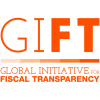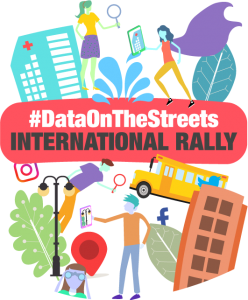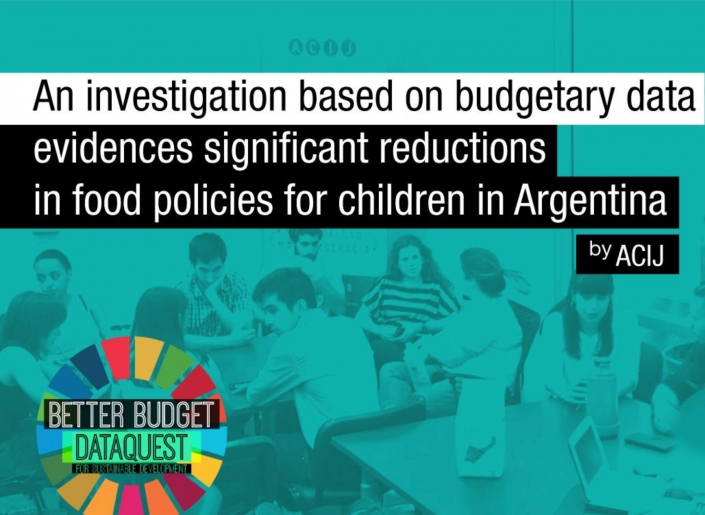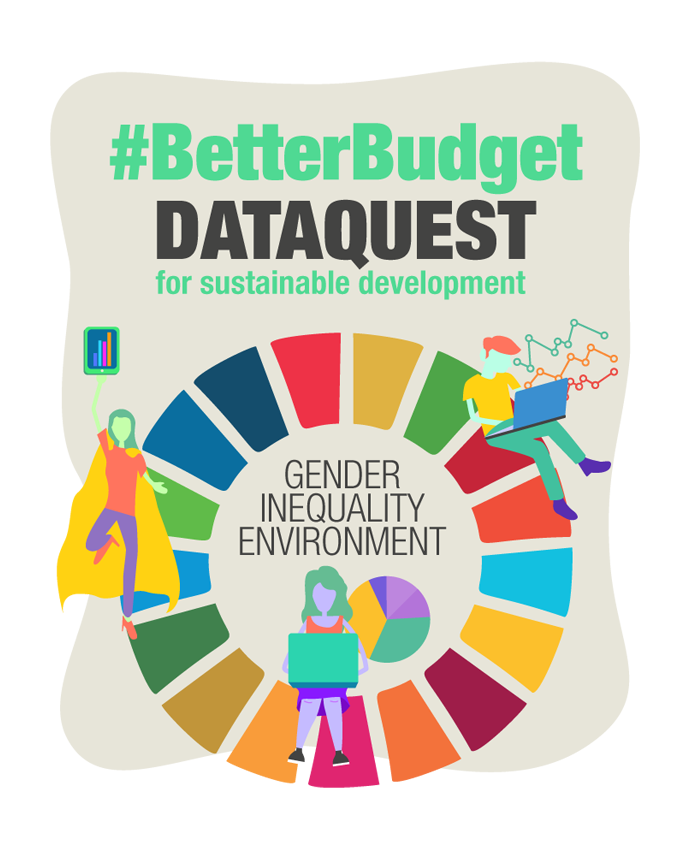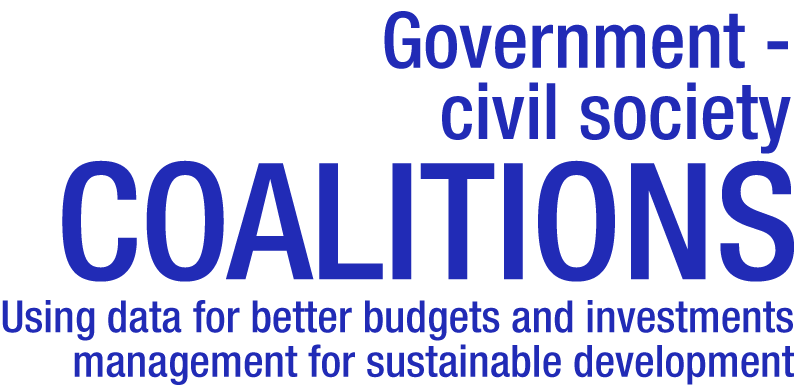
In achieving openness, transparency is only one side of the equation, and its impact will depend on the use given to relevant information and how to close the feedback loop to create better accountability. Government-civil society coalitions are light touch and scalable participation initiatives that enable collaboration in a semi-formal flexible setting for dialogue among different stakeholders, to achieve specific objectives of improving certain processes and policies that affect sustainable development.
The coalitions bring together the GIFT agenda in different levels, as they: rely in the publication of digital tools, including the better collection of data, user-centered publication and open data; encourage the adoption of public participation mechanisms by helping break barriers related to questions about the possible effects of participation, while simultaneously establishing bases for trust and collaboration among stakeholders of different sectors; and are strengthened through peer-collaboration at the international level, as practitioners from the different countries from civil society and government co-create the mechanisms and share their specific focus, methods and lessons learned.
Considering its comparative advantage of bringing together ministries of finance and civil society together, in an environment of trust and innovation, GIFT has modeled two types of coalitions that countries can adopt and adapt for their specific context, considering their position, opportunities and challenges.
What we seek
to achieve
In the following description of the models we compile some of the results seen from these coalitions:
A) #DataOnTheStreets International Rally- coalitions towards better public investments management
How it works
Governments, through their Ministry of Finance, Public Works or similar, and one or more CSOs, launch an open invitation to participate in the Rally #DataOnTheStreets. People register to the event and go through the construction projects dataset or mapping platforms published and select the ones they want to visit. Knowing the location and coordinates they go out to check out the projects, comparing what they see on the dataset and what they see on the streets. Participants document their findings through social media (Facebook or Twitter), posting creatively and engaging their own network. At the end, judges, representatives from government and civil society (coordinated by GIFT), choose the winners based on number of projects visited, creativity, engagement and, of course, extra points for data analysis.
Since 2017, GIFT started to support the #DataOnTheStreets Rally (initiated in Mexico by the MoF), which enables civil society-government collaboration to close the feedback loop in public investments projects management. The Rally is now also held in Chile and Colombia. The Rally helps identify strengths and gaps in the implementation of investment projects, as well as in the related data flows inside of the government.
Experience shows that participants tend to be non-data specialists, expanding the audience using open data and engaging civil society in follow the money activities.
In Chile, the rally has engaged a growing community of stakeholder, including construction and private sector associations, the public works ministry and remarkably, the Supreme Audit Institution (SAI). Such new community gathered around the quest of better monitoring of public infrastructure have triggered specific actions in data gathering and monitoring from the Ministry of Public Works and the SAI, which has interested other external control agencies in the region, such as the SAI in Peru and Mexico.
In Colombia, the impact of the Rally (2018 and 2019) and the Dataquest (2019) has reached the National Development Plan, including a provision to incorporate cross-cutting budgets in the budget process that match the categories of projects included in the Rally and the Dataquest, these are: gender, process for peace and inclusion of indigenous groups. Currently, as follow-up, GIFT is providing technical assistance and enabling peer-exchange to develop the cross-cutting budgets.
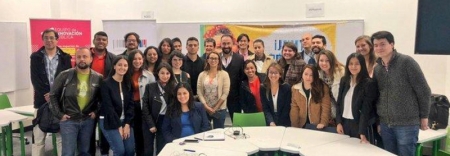
In Mexico, the Rally has the longest history (since 2016). From the finding and lessons learned, the MoF has also renovated the systems for public investments management and the system for reporting subnational governments expenditures, which improves data quality for monitoring and decision-making. All the reports of inconsistencies and possible mismanagement are directed to the social auditing office and the comptroller. From the experience there is a long-standing coalition with the co-hosting CSO (SocialTic), working on improving transparency and co-developing the ”How to Understand the Budget? Massive Open Online Course”.
B) Better Budget Dataquest for Sustainable Development- coalitions towards better public financial management
How it works
In 2019, the Better Budget Dataquest for Sustainable Development was introduced to encourage collaboration in evidence-based policy analysis. The Dataquest typically takes the form of a day event, where teams explore certain dataset(s) to provide context and better understanding of a particular subject. The outcomes of the participants can be, for example, a multimedia piece, the start of a research project or a human story among others that provide useful insights to improve a certain policy or process. Teams of up to five individuals explore the spending dataset and by contextualizing it with other data they should come up with findings for one of the following categories: gender, inequality or environment. A multimedia piece, the start of a research project, a story or other creative ideas must be presented by the end of the event. Considering the insights, judges from government and civil society will decide the winners.
As the Better Budget name suggests, the Dataquest is an opportunity to find new insights on certain topics and innovative ideas to improve budget allocations and execution. The process is also an opportunity for data publishers to expand budget and data literacy, to increase awareness and engagement.
Previous results and testimonials
This Dataquest was held in 2019 in seven countries, having 14 GIFT Stewards from civil society, government and international organizations coming together. Below we present some of the relevant results:
ACIJ, a civil society organization in Argentina implemented the Better Budget Dataquest in 2019. During the event the Ministry of Finance presented how to use the newly published open data to civil society organizations, journalists and additional participants. The teams’ results were specially oriented in analyzing the performance information with budget allocations. The second-place team continued the investigation and recently published an article analyzing the delivery of fortified milk as part of a network of investigative journalists of Latin America. Considering the findings, the government is taking actions to improve the gathering and publication of performance indicators, as well as programming targets.
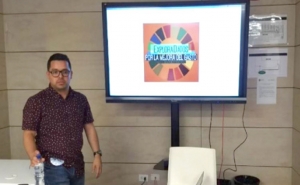
In Costa Rica, Innovap, a leading research and academic organization, during the Open Data Day in March organized the first steps to have a Dataquest in the future, considering that the country does not have the necessary open data yet. From there a coalition with the Ministry of Finance (MoF), supported by GIFT, was formed. Through this coalition there is now a formal Memorandum of Understanding between civil Innovap and the MoF to work together in publishing budget and spending open data through the Open Fiscal Data Package and establishing a budget school in 2020. GIFT is supporting both activities through technical assistance and peer-exchange with other stewards who have established similar budget literacy efforts. Out of this collaboration, the Costa Rica MoF and Innovap applied to become GIFT stewards.
As for South Africa, the National Treasury and civil society coalition for the fiscal transparency portal (Imali Yethu) have identified gaps in the information need of users through the Dataquest. The changes that need to be implemented to achieve publication go further than including the data or visualizations, since they require establishing mechanisms to improve the checks, feedback and follow up with the line ministries and budget executing agencies to better implement the budget. Through these insights and posterior work, the fiscal transparency portal, in the coming weeks, will include data of allocations at the facility level, which will at the same time allow better monitoring and analysis.


